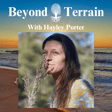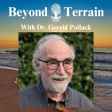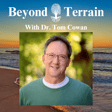
Loren Lockman on the Components of Health, Fasting, Spirituality, Emotional Health, and Much More!
This week, we had Mr. Loren Lockman on the show. Loren has helped over 10,000 people on their healing journey directly and many more through his shared wisdom. He advocates for the power of raw food, nature, and intuition.
We discussed the multifaceted nature of health, how it is holistic, and how it can be addressed systematically. A large part of the discussion focused on psychological and emotional health, especially for young men.
We also covered many other components of health, as well as an underlying philosophy. Intuition is so important in health and wellness.
I hope you enjoy the episode!
Keep up with me (socials)
https://www.instagram.com/beyond.terrain/
https://linktr.ee/beyondterrain
Our vision at Beyond Terrain is best supported by sharing our work!
To go above and beyond:
BCH: bitcoincash:qq7eq276ylanluc5e39unrqshkvs9xsemg07yxezf7
ETH: beyondterrain.eth
BTC: bc1qqwc470ktgj3l4myqxr5hq67rnlqys0qm98u6f0
Learn more from and support our esteemed guest, Mr. Loren Lockman
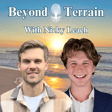
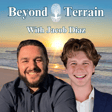
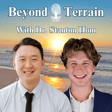
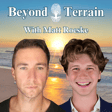

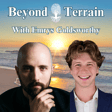
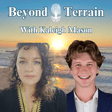
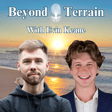
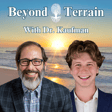
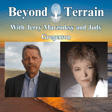

![DNA Doesn't Exist & Genomic Nonsense with Dr. Jerneja Tomsic [Part 2] image](https://media.zencastr.com/cdn-cgi/image/width=112,quality=85/image-files/652933f3a749dc383eb375de/ce5a5fd9-98c9-44fe-9b4b-3d0cd5abcf29.png)

